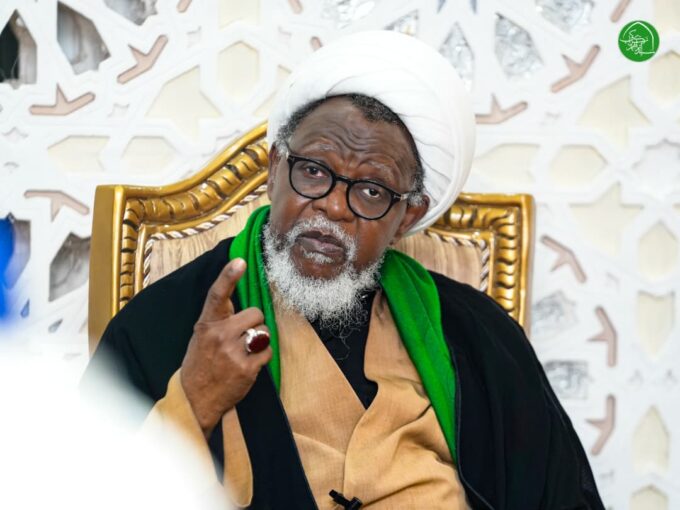Nigeria is on the verge of achieving round-the-clock electricity supply, Minister of Power Adebayo Adelabu announced on Tuesday in Abuja.
Speaking at the inauguration of new training workshops and a hostel facility at the National Power Training Institute of Nigeria (NAPTIN), Adelabu declared that the country is steadily advancing toward energy sustainability under President Bola Tinubu’s administration.
“In no time, we are going to witness a country where there is 24/7 uninterrupted power supply. This is possible and we have certainly seen the signs,” the Minister stated.
He highlighted that the government has already begun delivering improved power to universities, teaching hospitals, primary health centers, and communities, emphasizing that reliable electricity is essential for driving growth in education, health, aviation, and other key sectors.
Adelabu also pointed to recent milestones, including the nation’s highest-ever levels of power generation and transmission, as evidence of the administration’s commitment to “walking the talk and converting vision into action.”
He further stressed Nigeria’s growing self-reliance in the power sector, noting, “We have what it takes to start manufacturing our own meters, cables, transformers, transmission transformers and batteries. We have the brain. We have the people. We must be self-reliant and sustainable, and we are very close to achieving this.”
The new NAPTIN facilities, which include five training workshops and a 104-room hostel, are designed to develop a skilled workforce capable of supporting the evolving energy landscape and fostering job creation.
NAPTIN Director-General Ahmed Nagode described the projects as “a foundation for a brighter future,” revealing plans for a Next Generation Rescue Programme to train young leaders in the sector.
The project received significant international backing. EU Ambassador to Nigeria Gautier Mignot disclosed that the bloc provided €8 million in funding and helped develop 95 technical and non-technical courses for NAPTIN. He also announced a new €100 million renewable energy package aimed at adding 400 megawatts of clean energy by 2027, benefiting over five million Nigerians.















Leave a comment